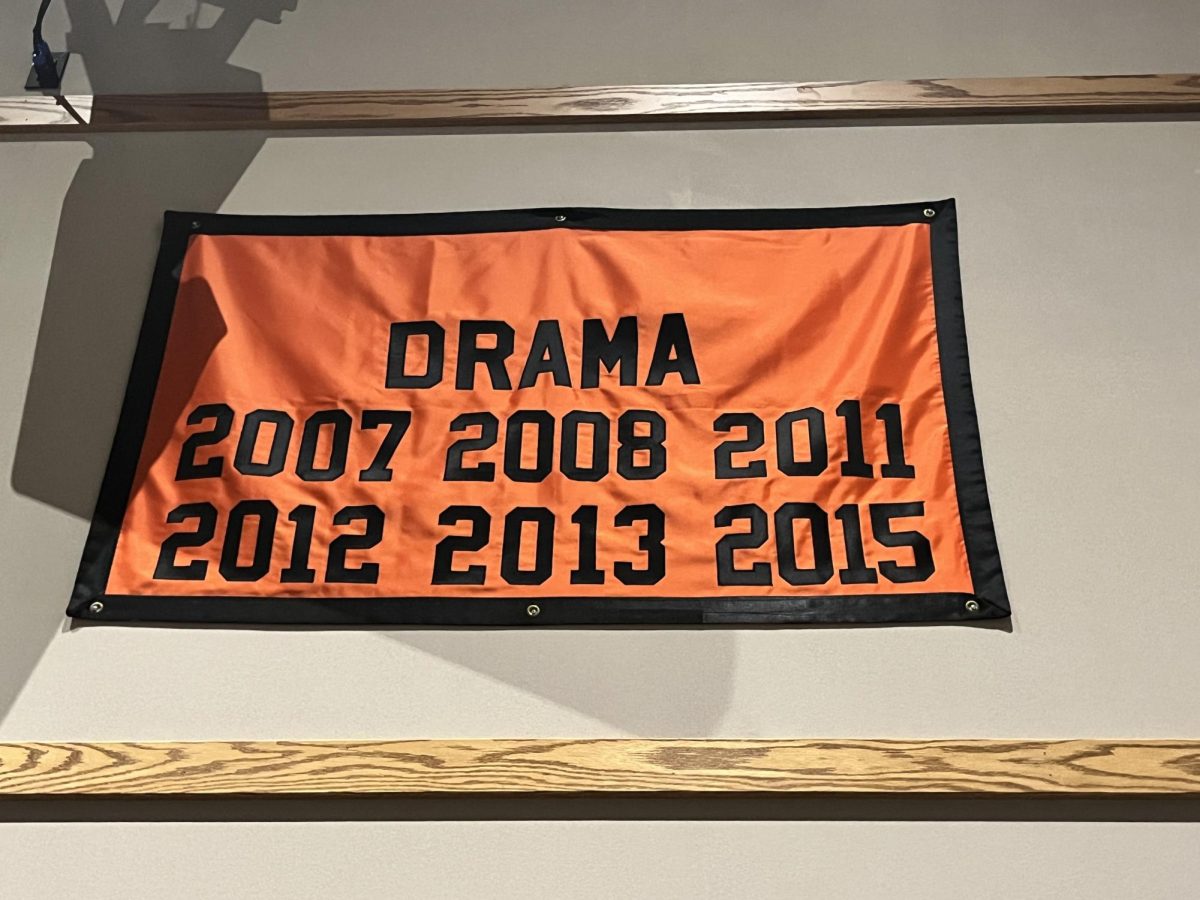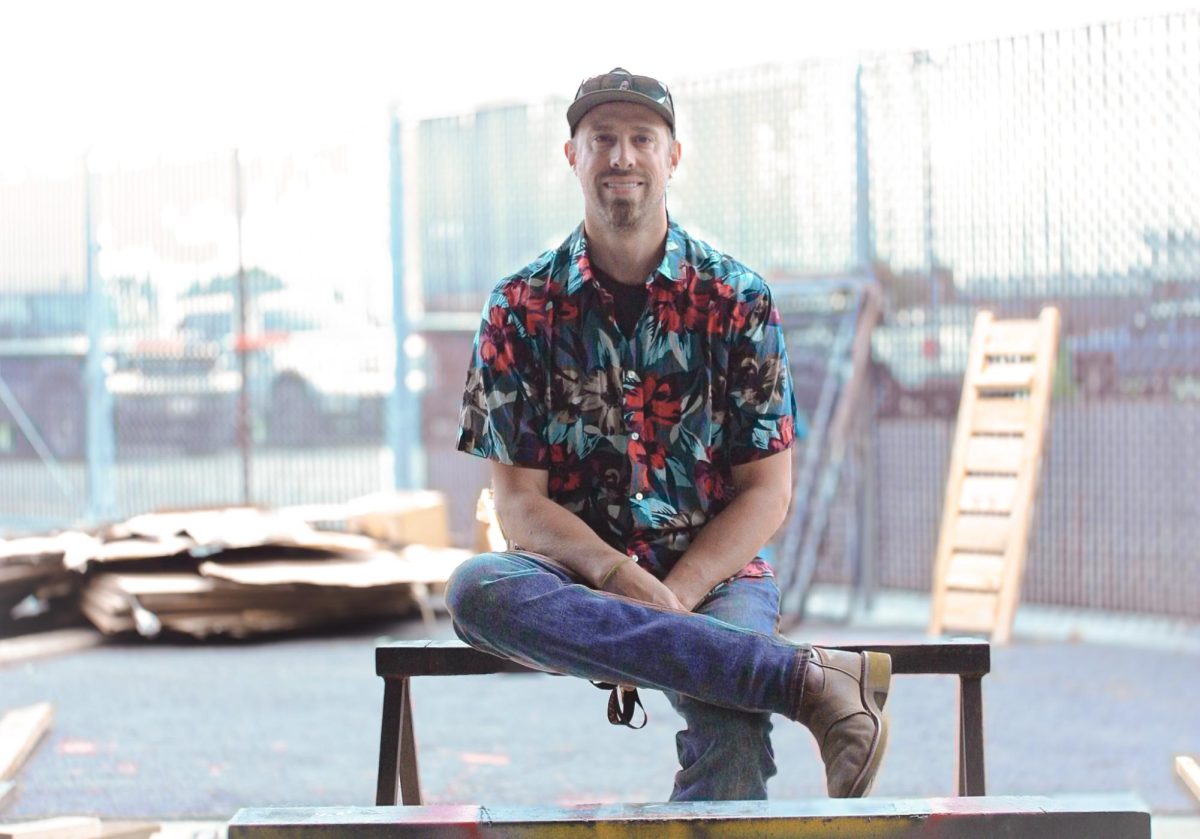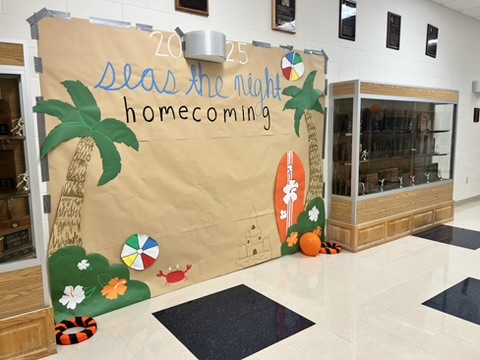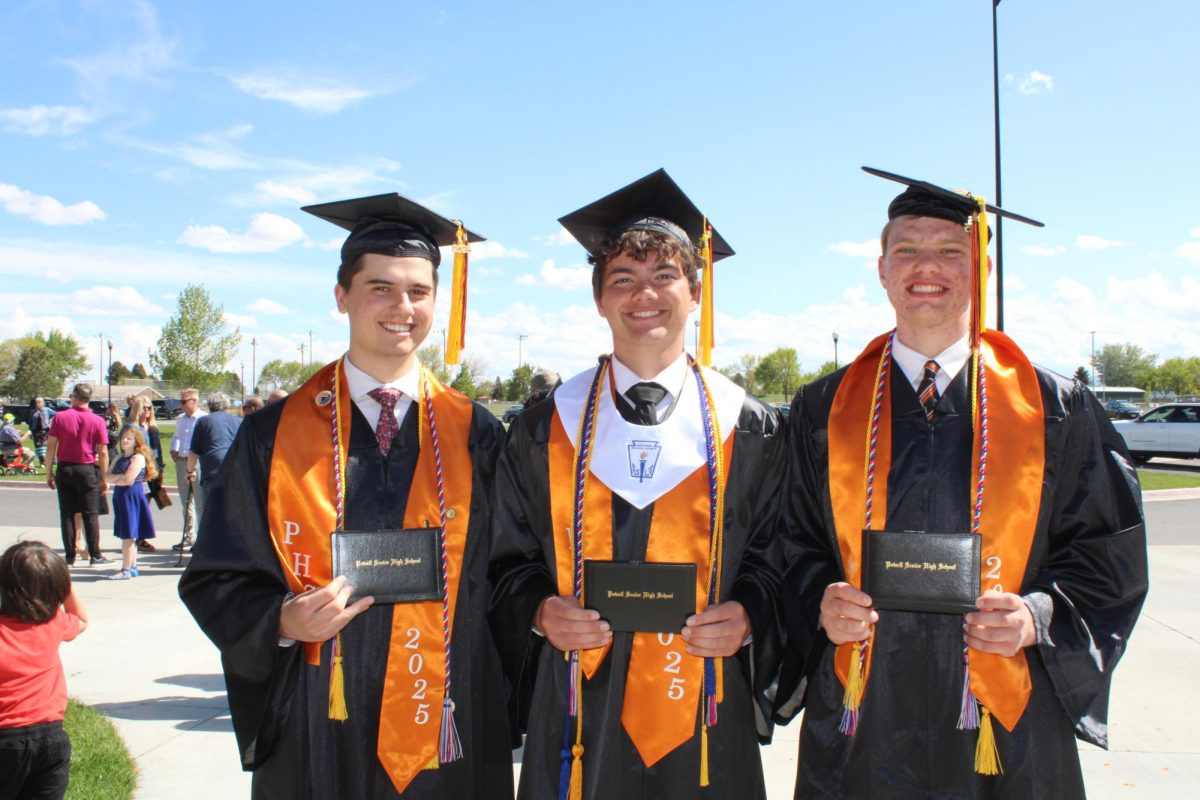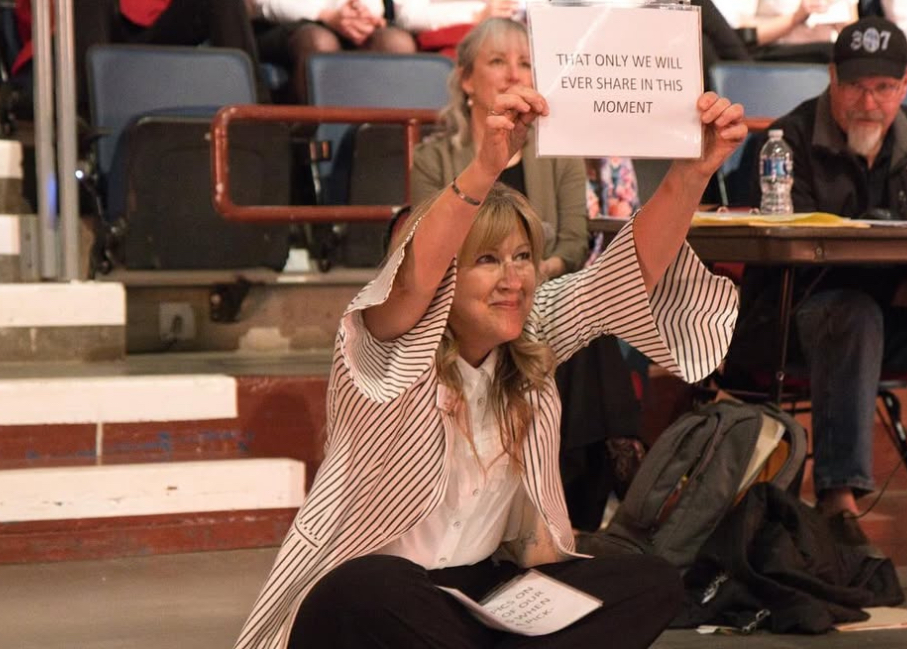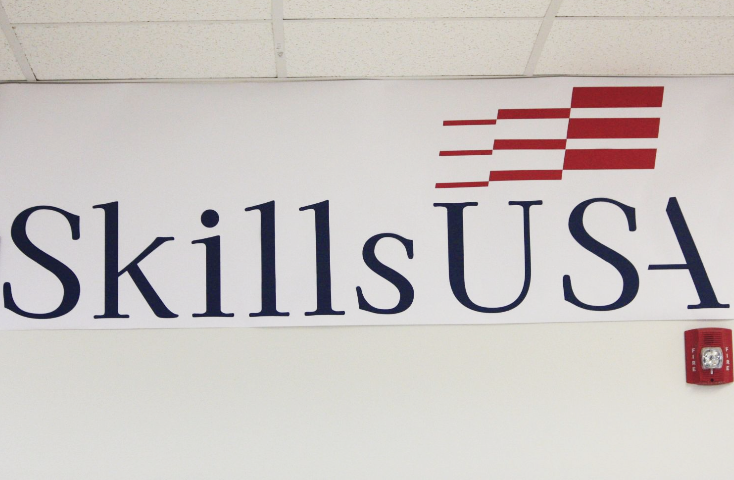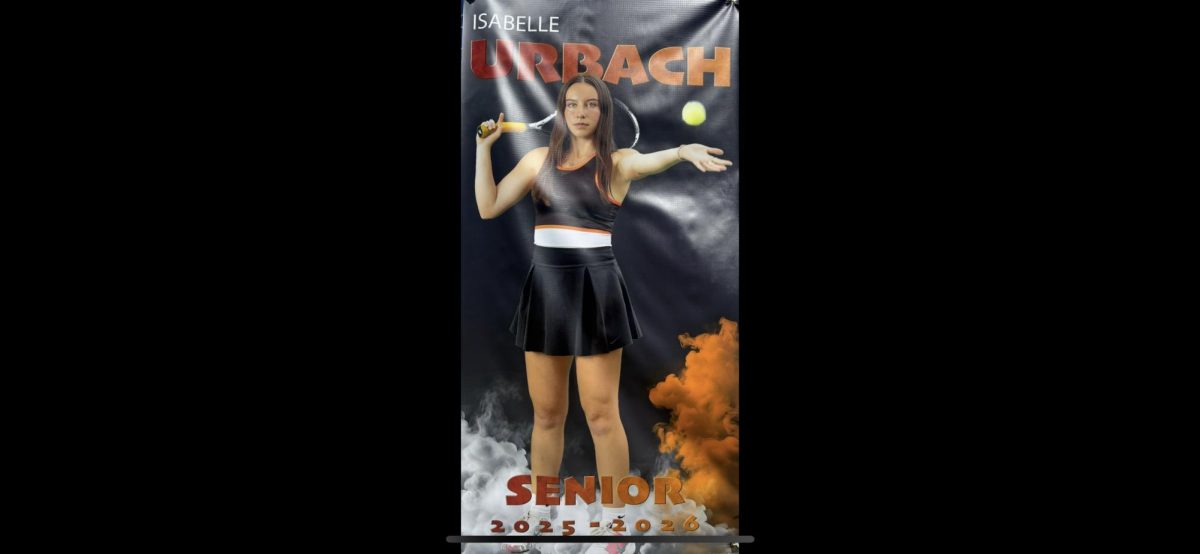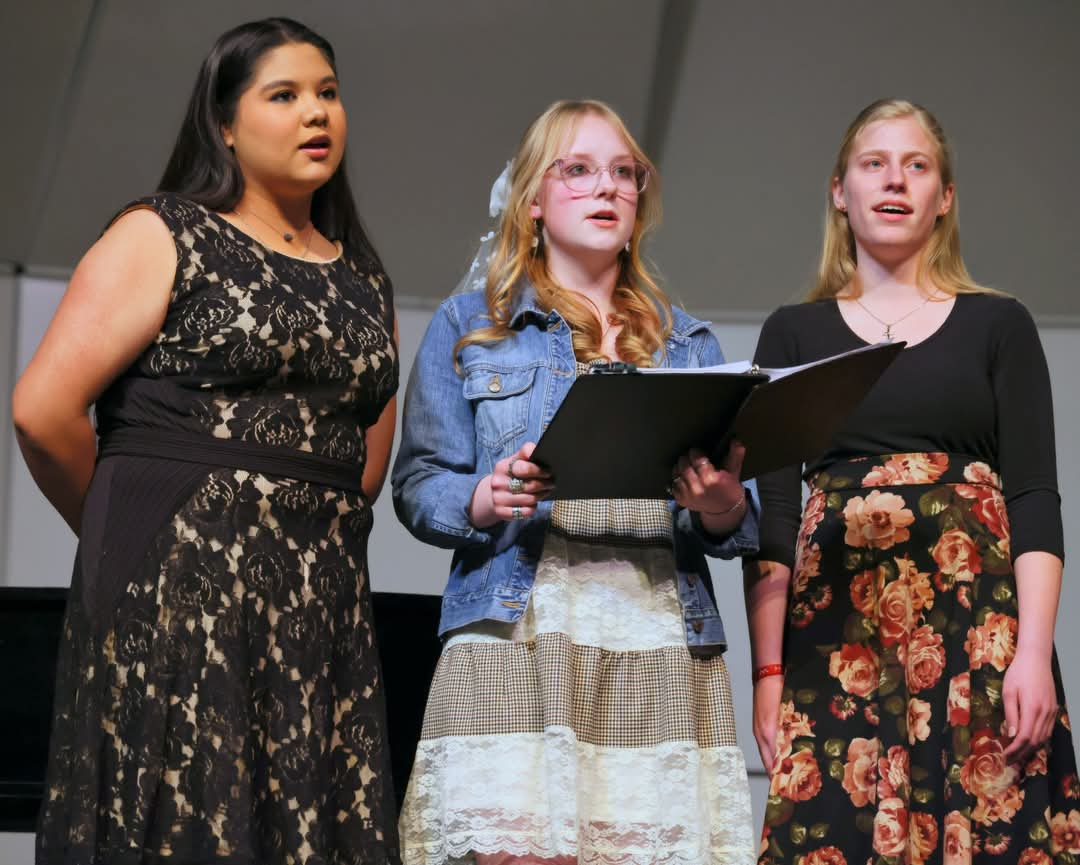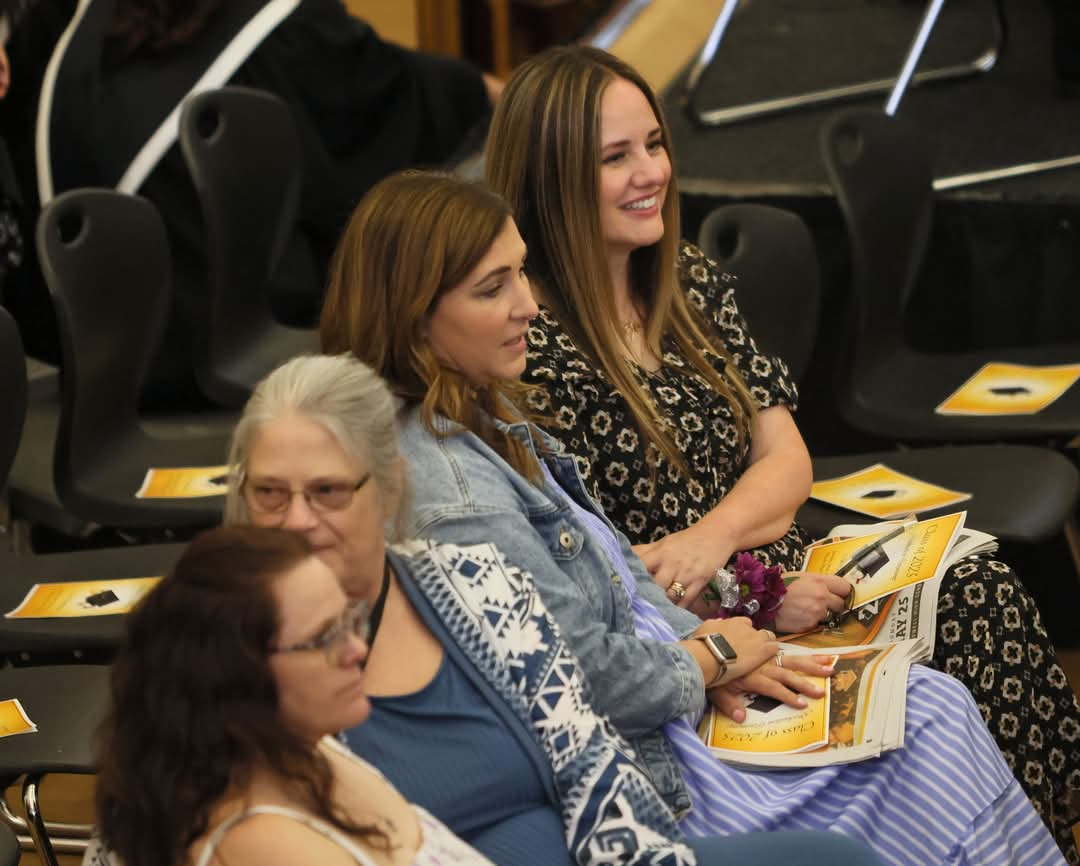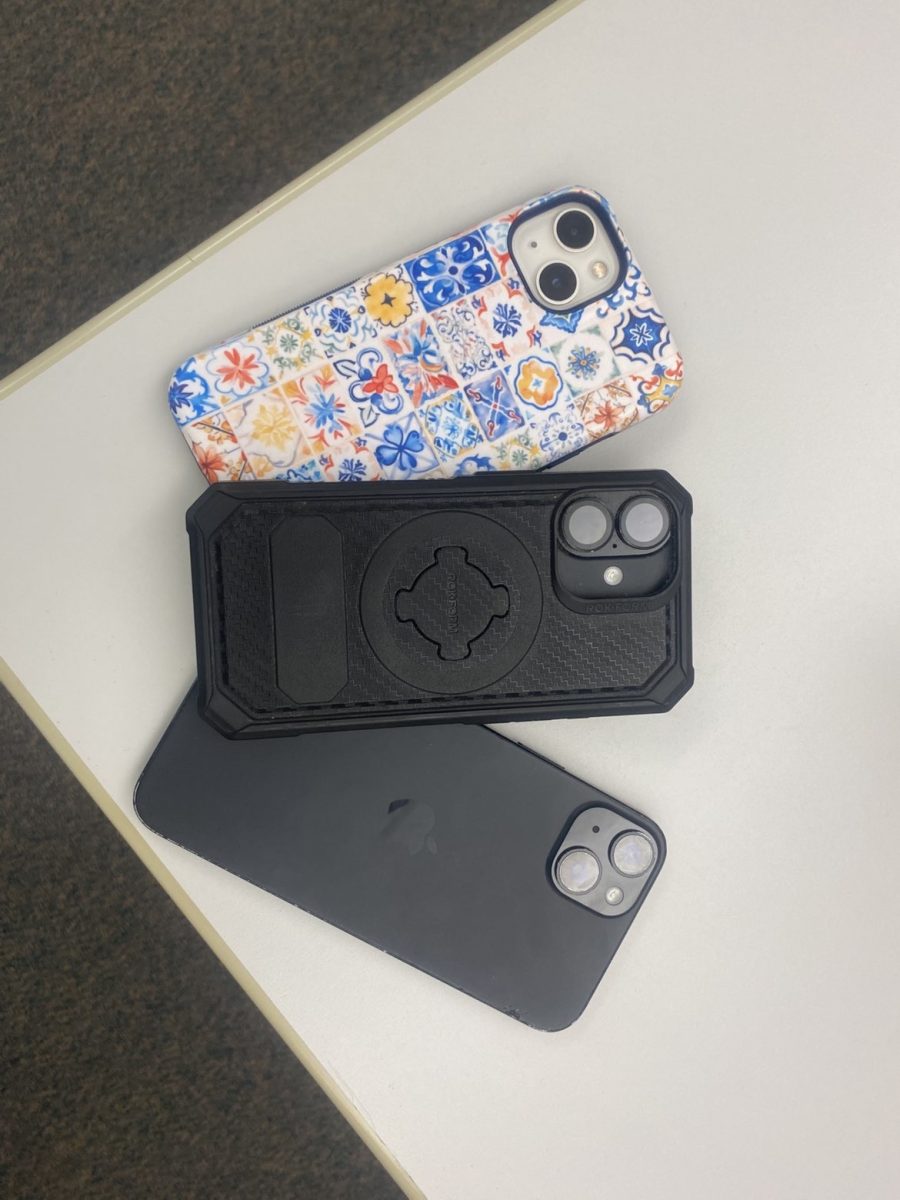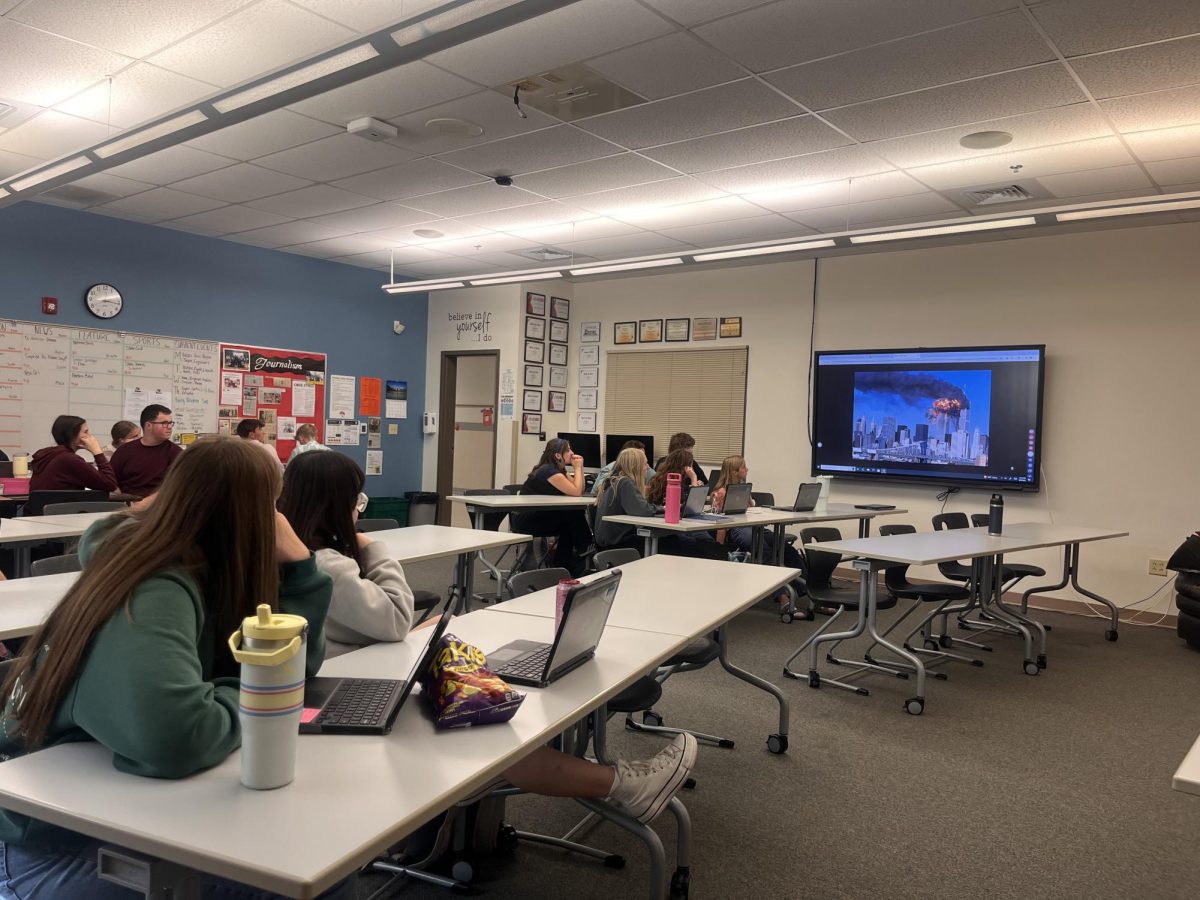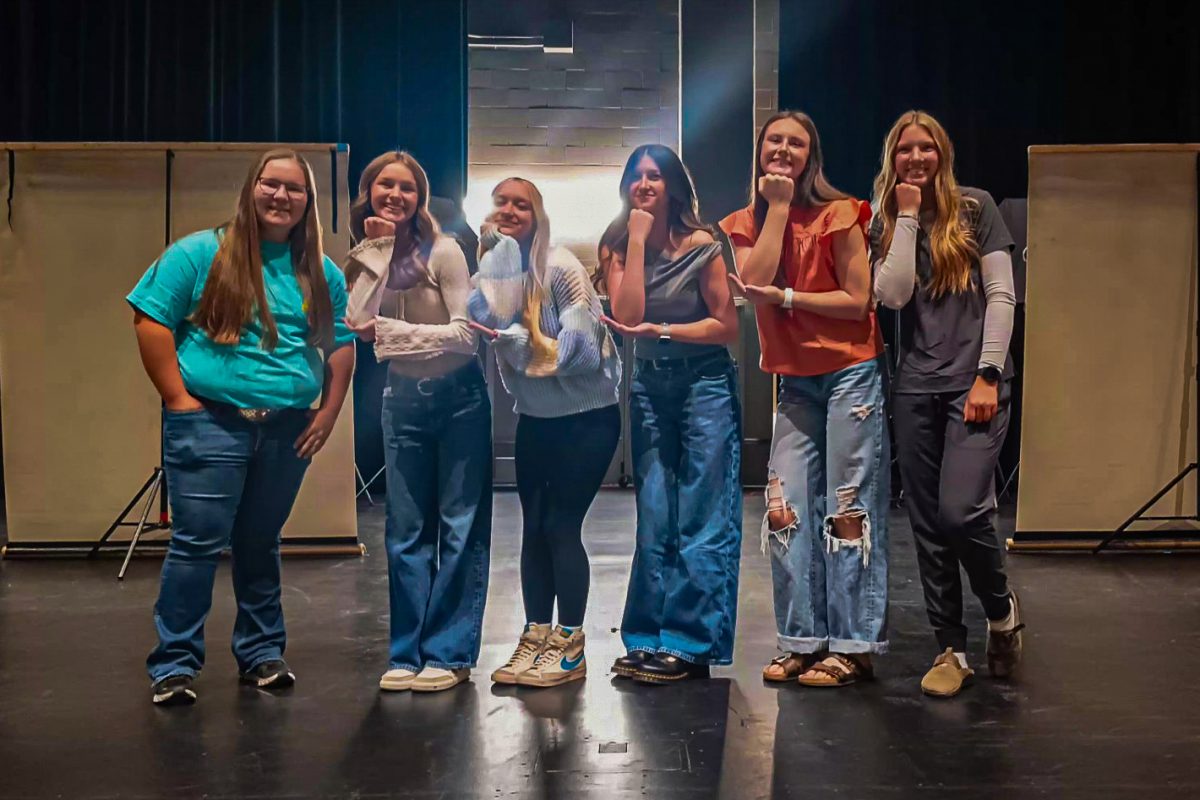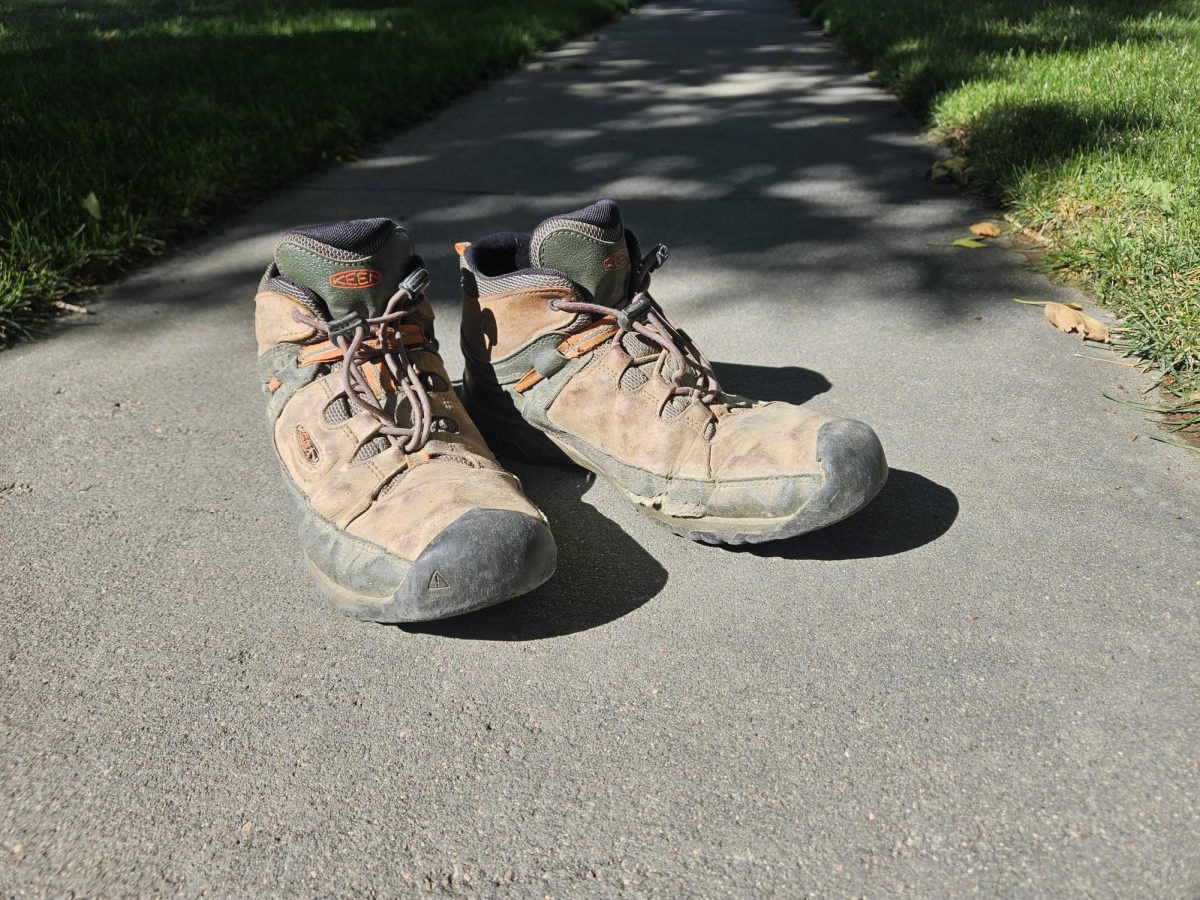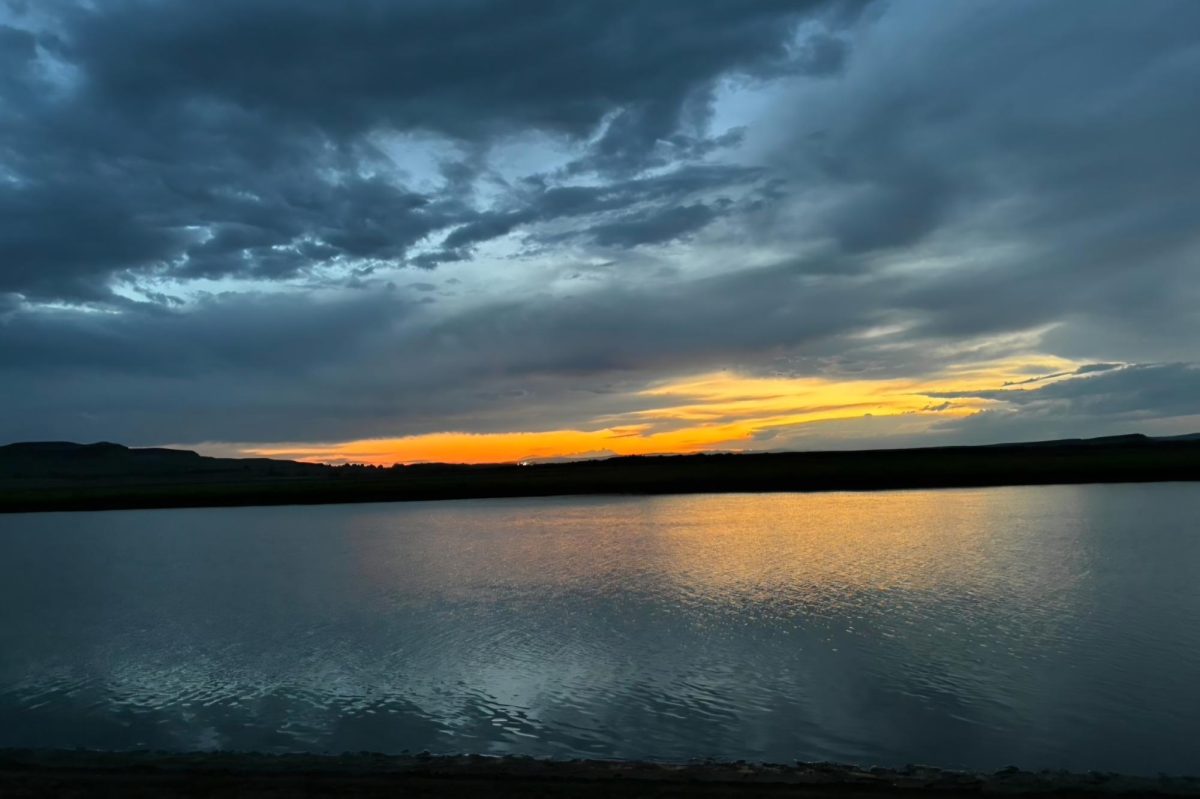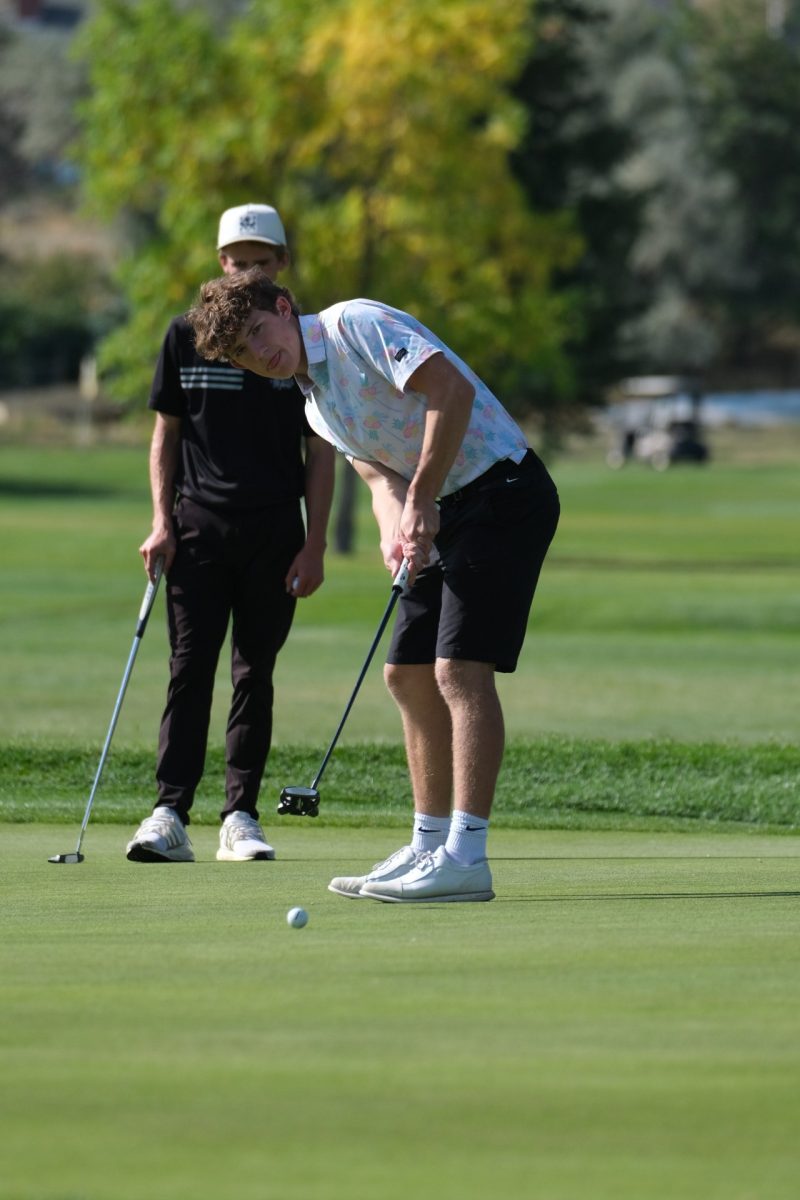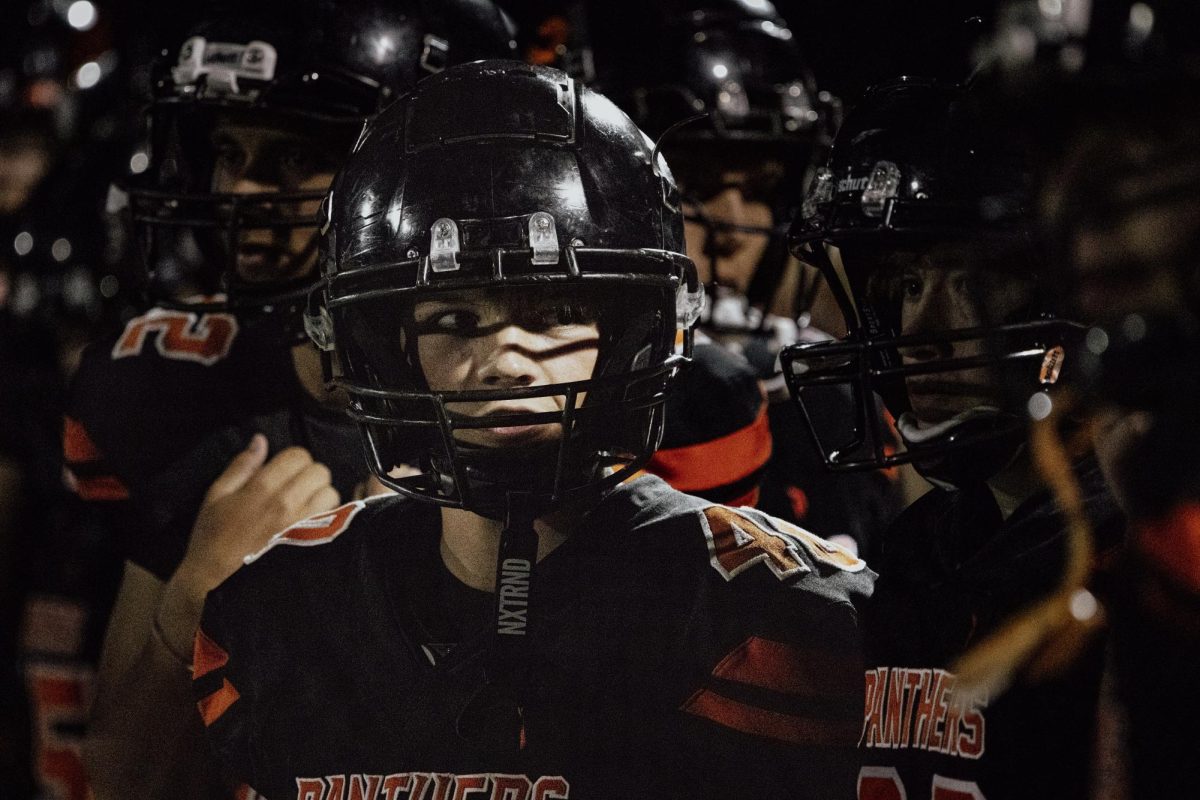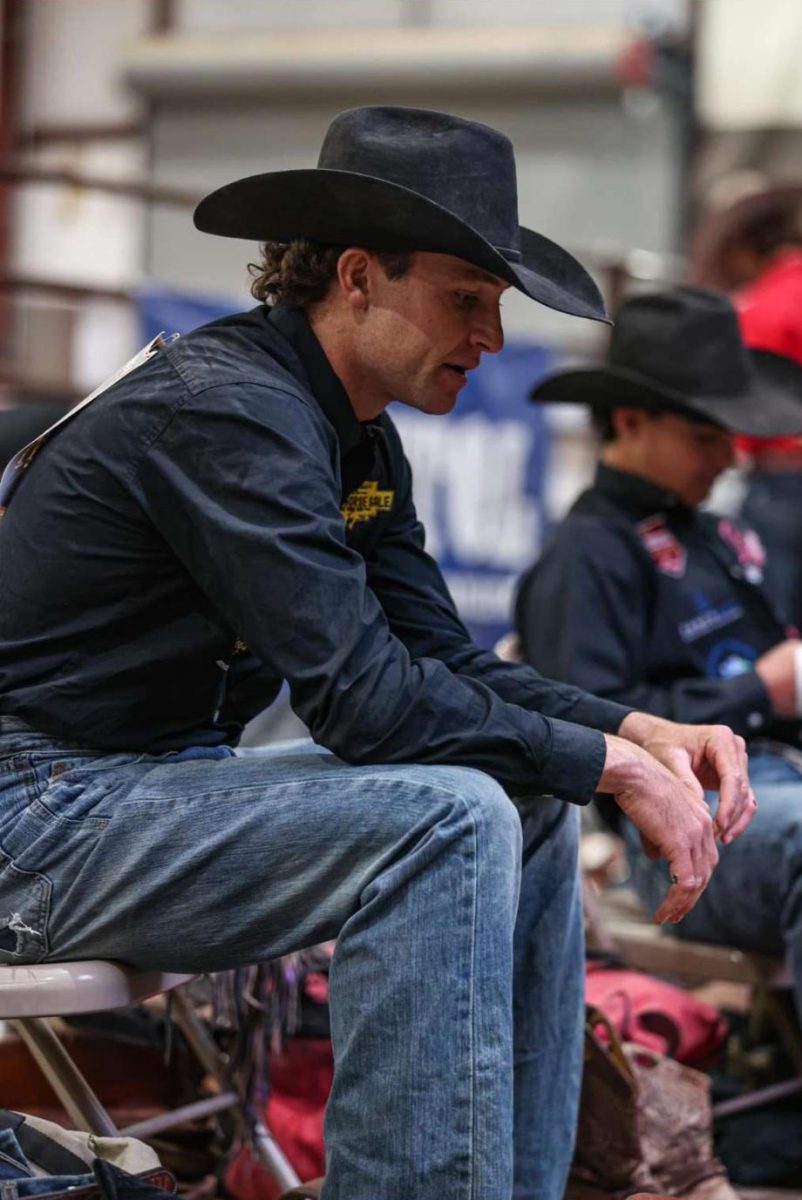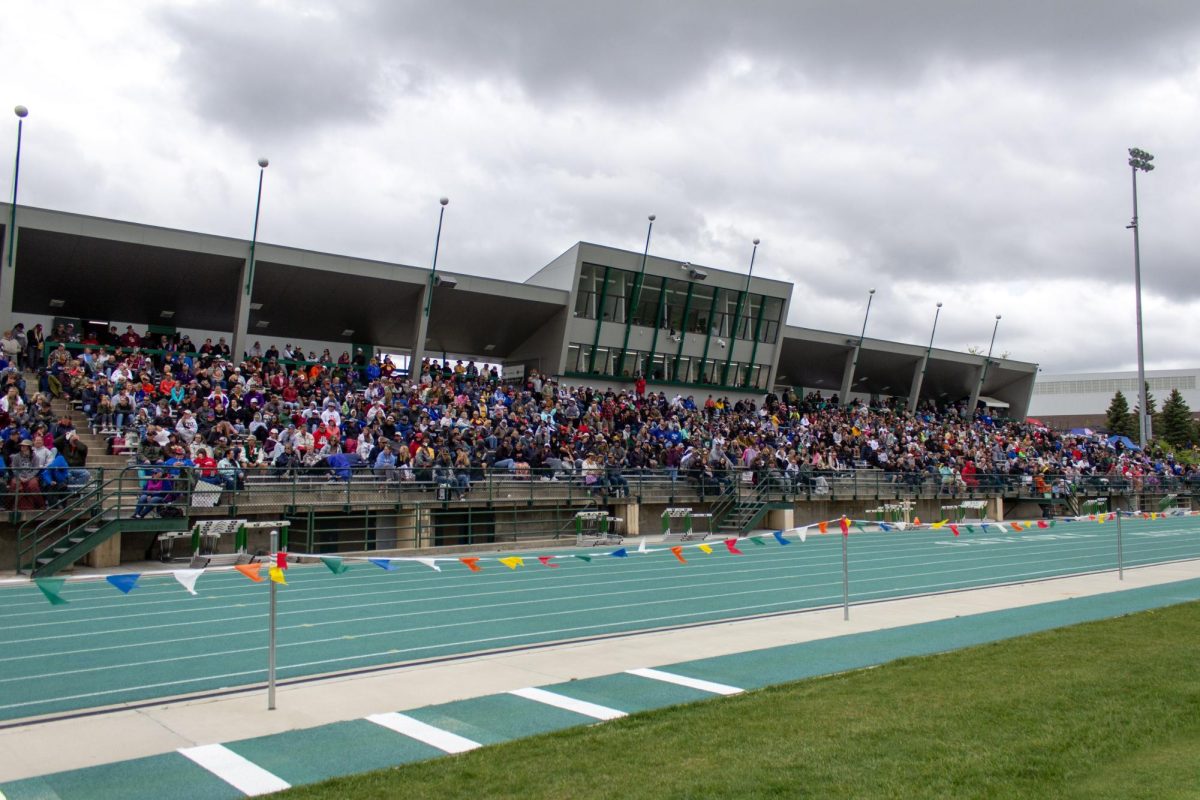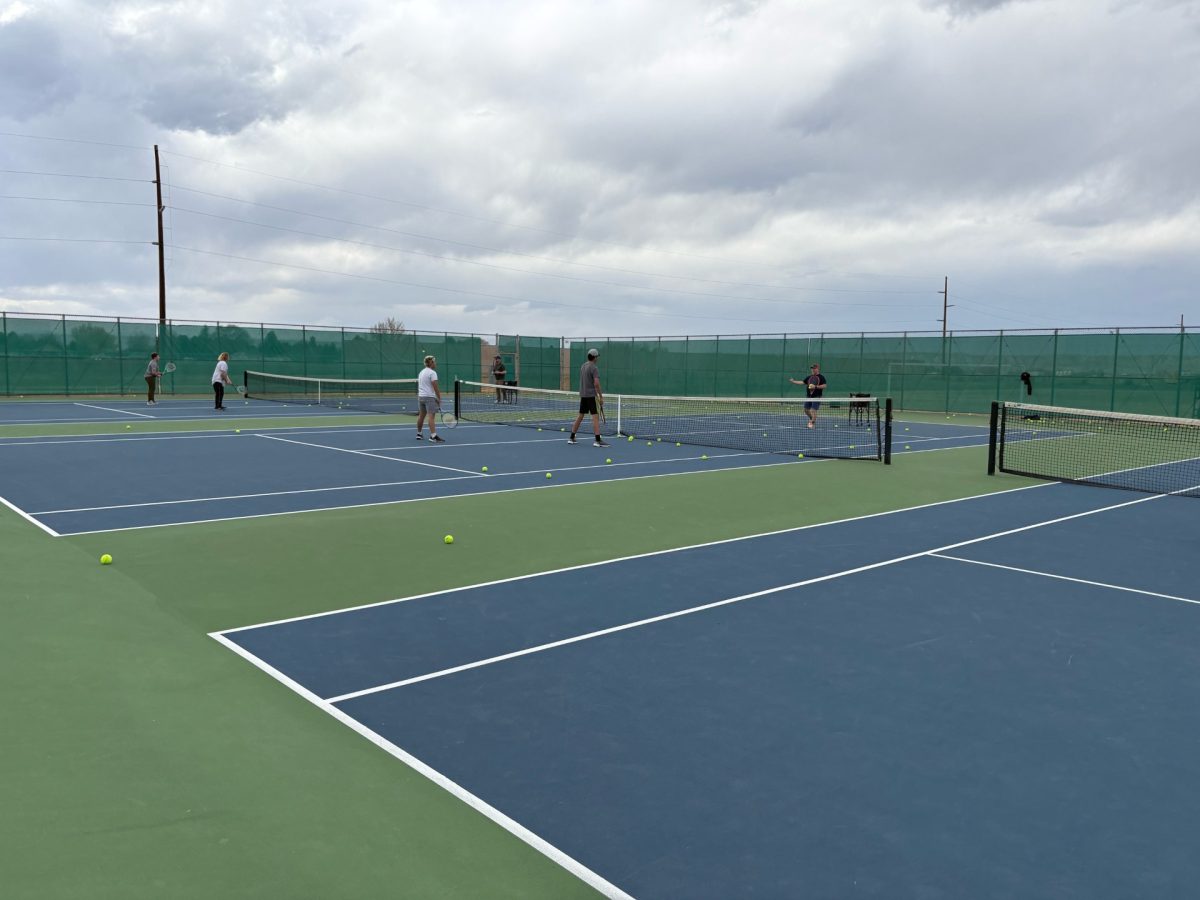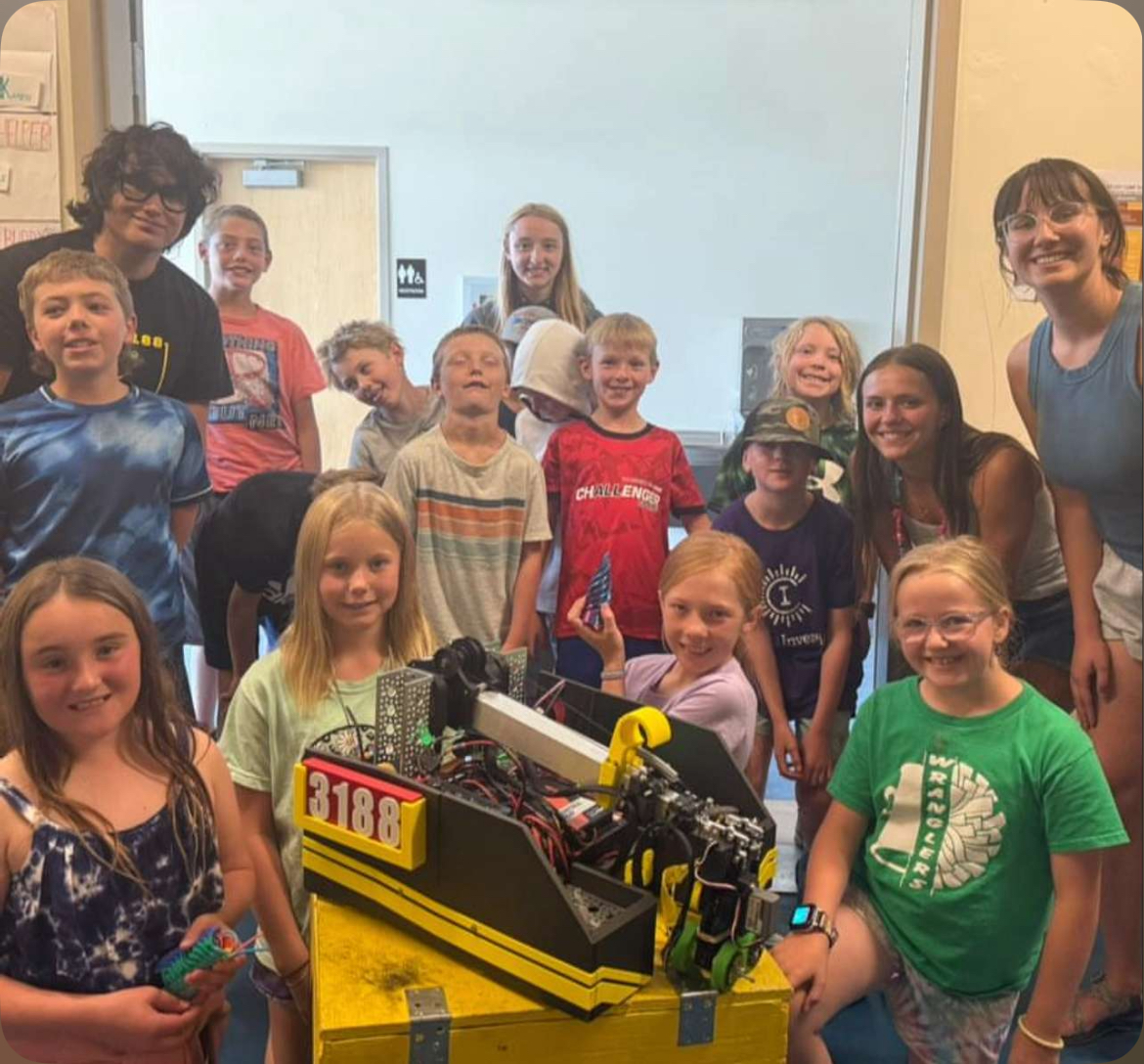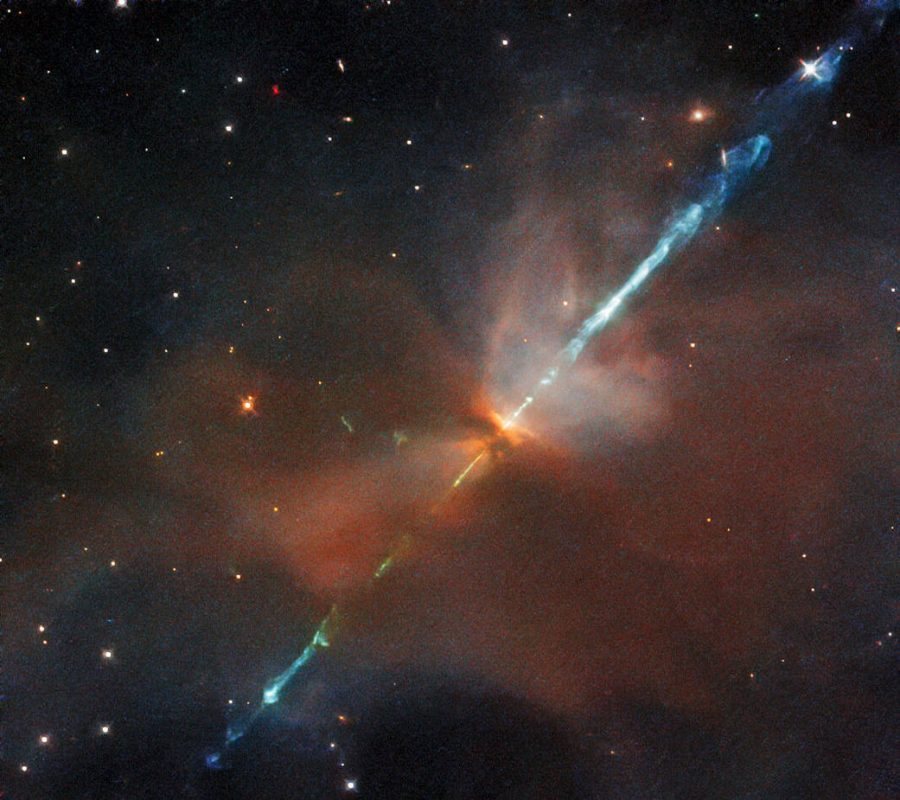EXPANDING VISION
NASA’s James Webb Telescope is preparing for it’s launch into space
Photo Credit: National Aeronautics and Space Administration, Hubble Images
A photograph of a Herbig-Haro object taken by the Hubble, shoots narrow jets of ionized gas.
French Guiana is now the host of the most powerful telescope ever built. NASA’s James Webb Space Telescope recently arrived at its temporary home of Kourou Spaceport to prepare for launch into space.
One-hundred times more powerful than the famed Hubble Telescope, the James Webb Telescope will view galaxies that formed at the beginning of the universe and see planets being created.
“I consider [the James Webb Telescope] to be the successor of the Hubble,” junior Ethan Cearlock said. “The more telescopes, the better.”
With a larger mirror than the Hubble, the Webb will see further back in time, studying the universe’s infrared wavelengths. The Herschel Observatory also used infrared, but was much less sensitive and could only see the most active galaxies and nebulas.
“I hope the space telescope will discover something more amazing than I could even fathom,” Cearlock said.
Though Webb is a more powerful telescope, it will only last five to ten years in space, as opposed to Hubble’s current thirty-one years. The main reason for this is fuel, or lack thereof. Once the onboard fuel is depleted, the telescope will no longer be able to move itself and the mission is considered over.
“[The telescopes] continue to revolutionize our thinking on a worldwide scale,” freshman Dawson Griffin said. “They help us explore the wonders of space and learn about new things.”
Webb will be put in L2 orbit making it too far away to be readily accessible for repair and upgrades. It’s life will be short, but while it’s operational, NASA will use it to its full potential. As it serves its term, the possibilities of the telescope’s discoveries are endless.
Cearlock, like many other millions of people, is excited for the launch on Dec. 18. He believes that both telescopes are needed, comparing it to the necessity of having two eyes.

